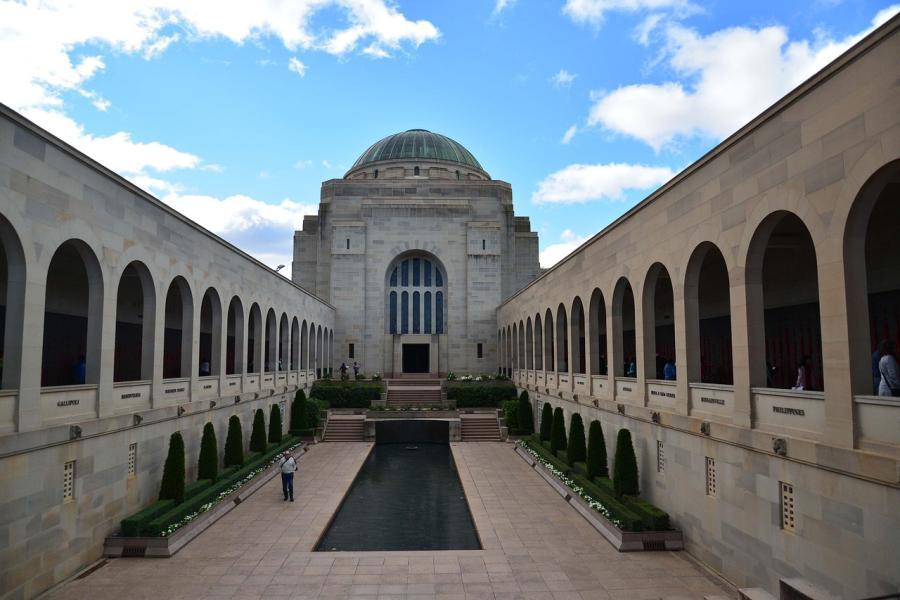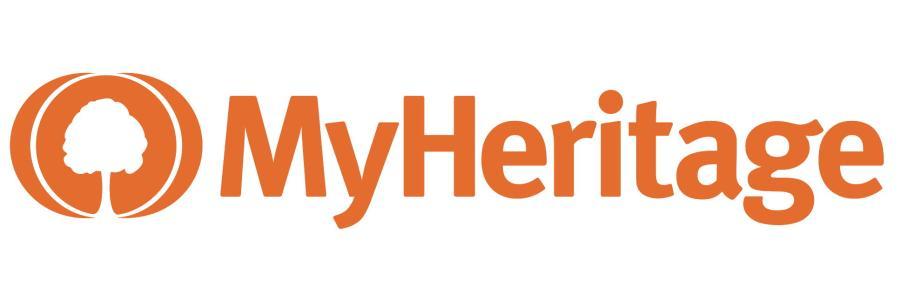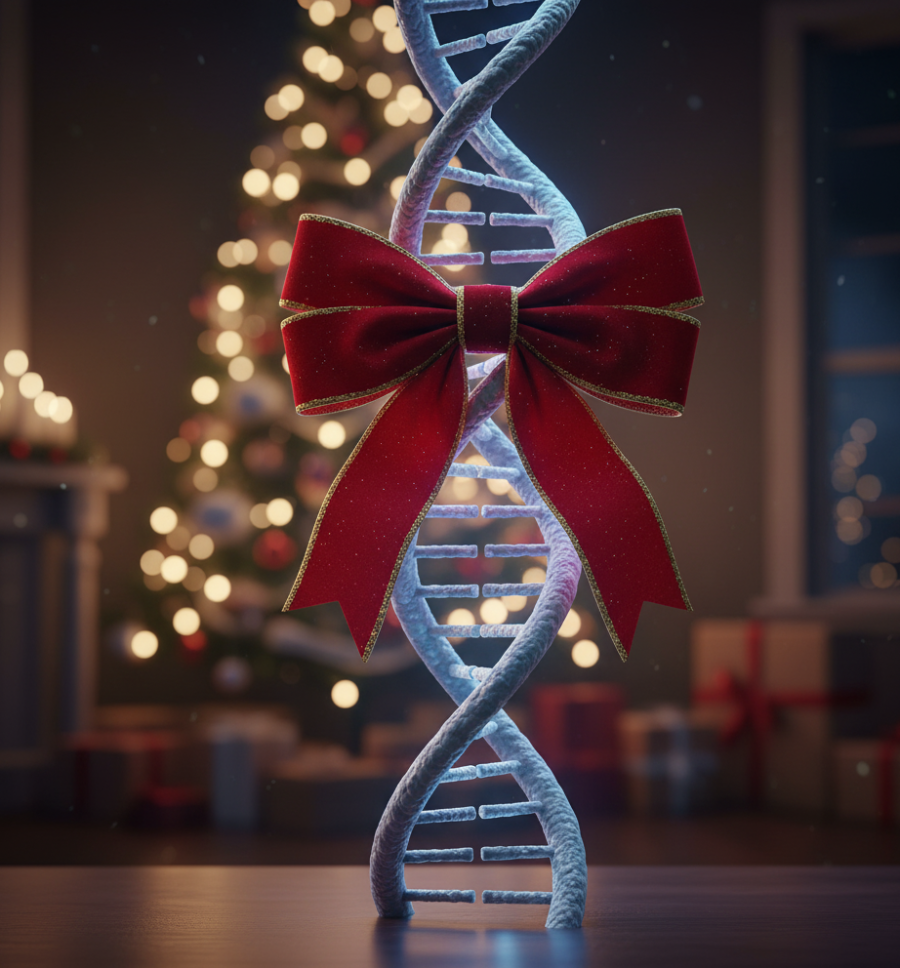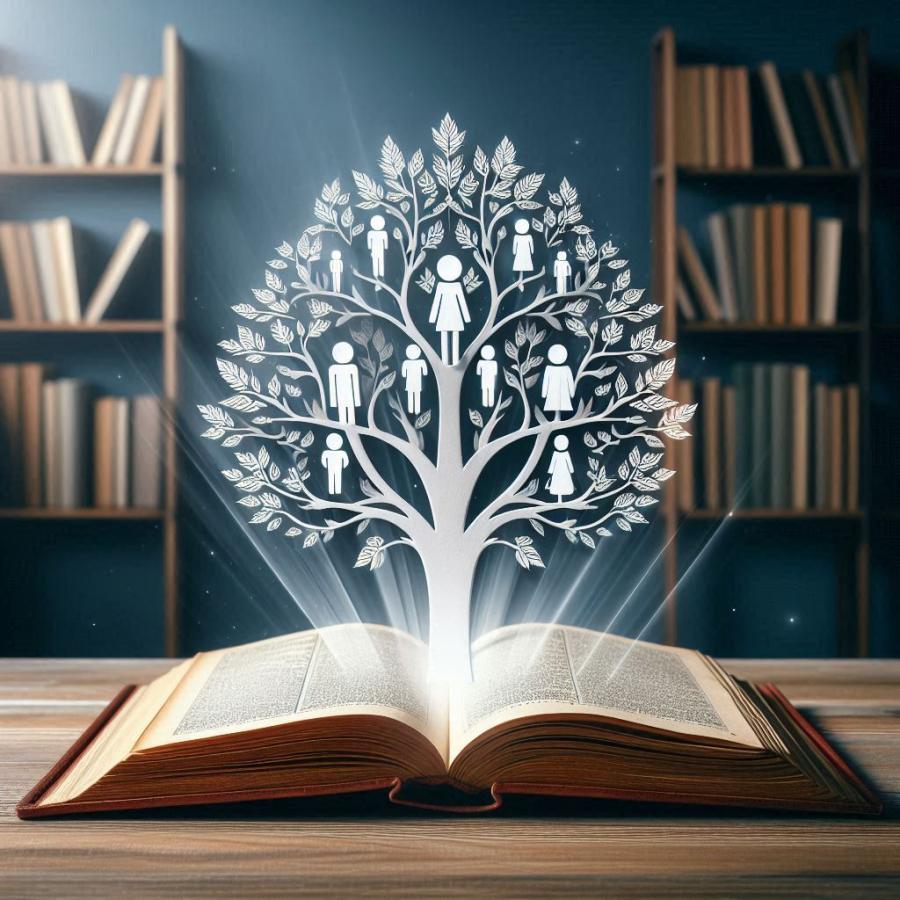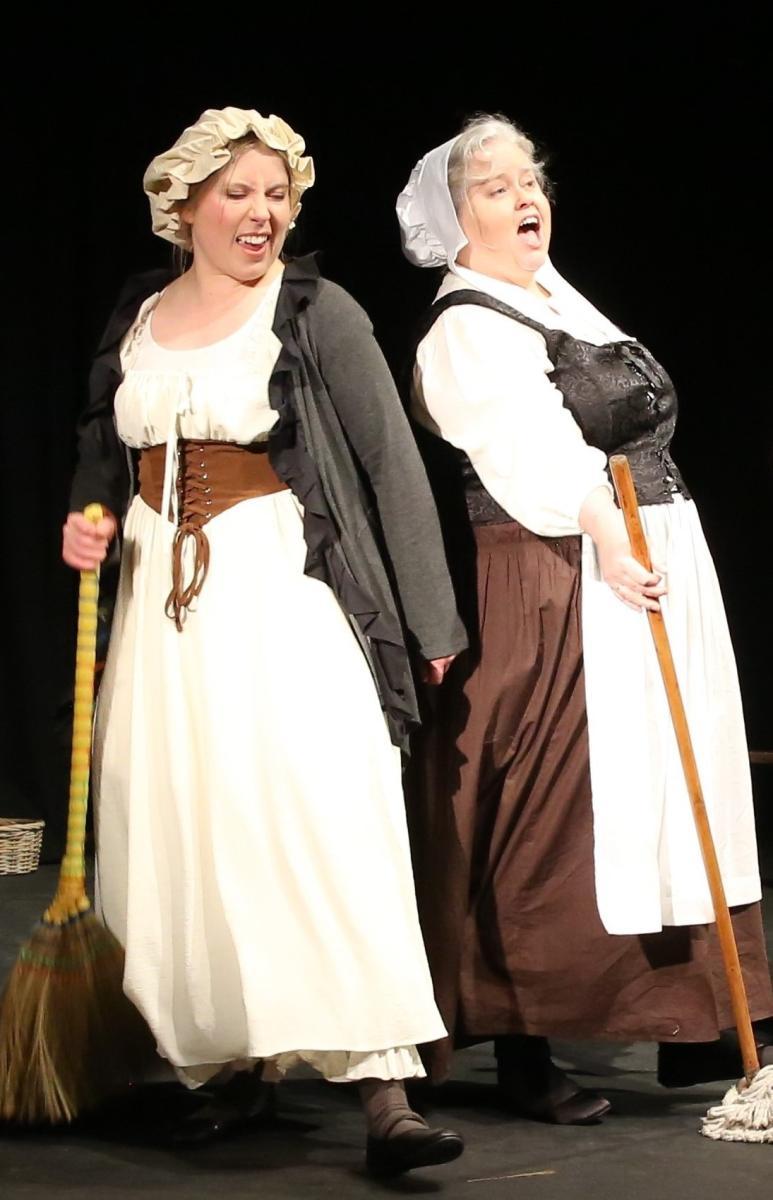Bigamy in Colonial New South Wales
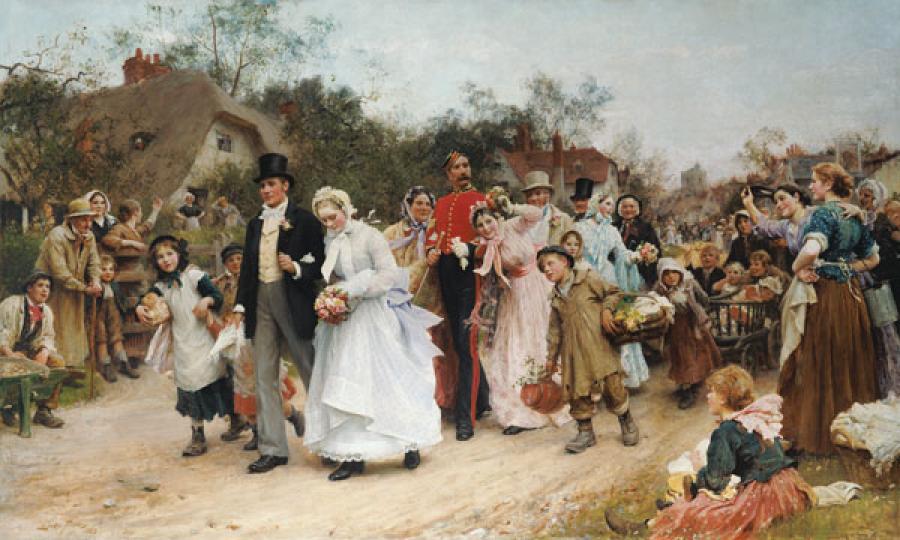
Many of our survey respondents requested more face to face talks or meetings. Here is a most interesting offer:
At 1pm on Saturday 8 November, the Irish Ancestry Discussion Circle is hosting a face to face meeting at the Kathleen Syme library in Faraday Street, Carlton.
The speaker is Damian Gleeson, author, genealogist and historian specialising in Irish-Australia research. He is a most entertaining presenter and will speak about Irish convicts transported to New South Wales with particular emphasis on marriage, bigamy and family estates.
Bigamy was a constant issue in the early days of the Australian colonies and the discussion following Damian’s talk will touch on many instances beyond the Irish and the convicts. We would love it if attendees would share their own family research discoveries of bigamous marriages.
This is a GSV members only event. It is free and will include afternoon tea with a great opportunity to socialise after the meeting.
Please register at https://www.gsv.org.au/civicrm/event/info?reset=1&id=2906
Damian’s book Irish Bigamy: New Insights into Colonial New South Wales will be available at a special pre-order price of $30. Damian will bring orders with him.
Please note, this special event is not on zoom and will not be recorded.



